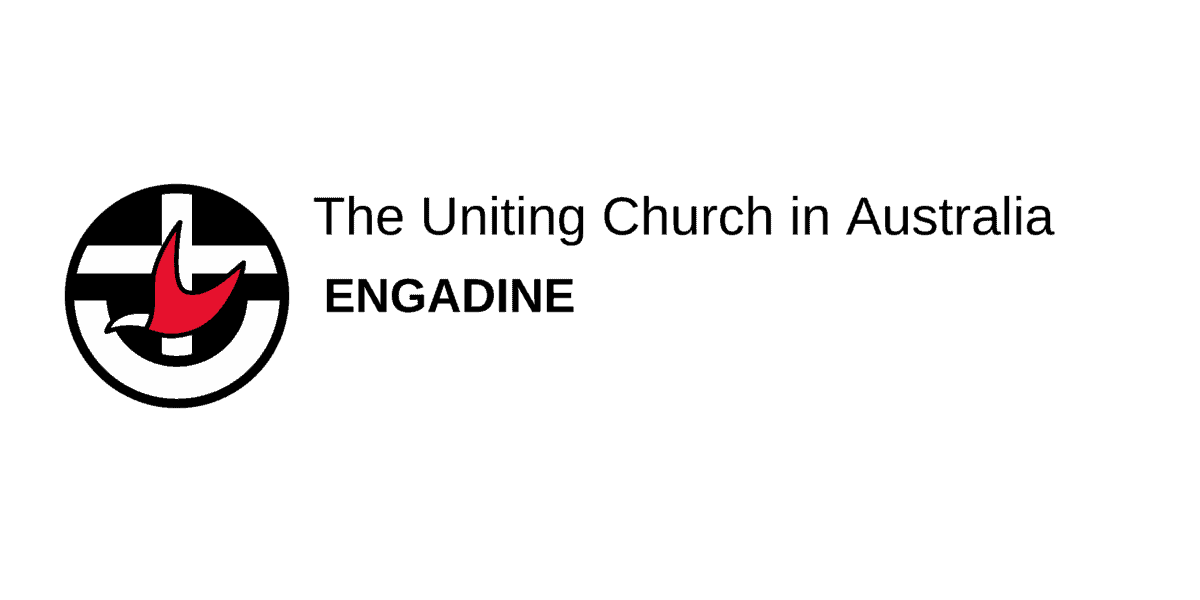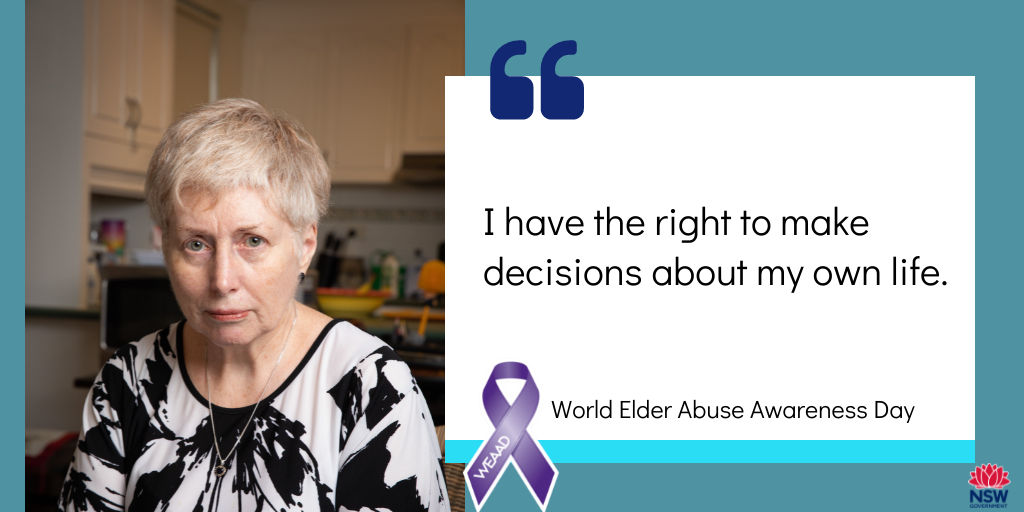
In a week when the focus has been on the abuse of older people there is a need to consider solutions that can prevent it from happening. Honouring the choices and decisions of older people, even as their health declines, lies at the heart of a strategy to support them to lead their best lives.
Abuse and neglect sit at the far end of a spectrum of negative behaviours and attitudes about older people that have become prevalent in our society. Negative community attitudes against older people is termed “ageism”, and include stereotyping and discrimination that lead to their exclusion from activities in the community, which in turn can lead to isolation and loneliness. Watch the video on the Every Age Counts website to understand ageism better, recognise just how “everyday” these attitudes are, and pledge to counter them at every turn. Engadine Uniting Church has taken the pledge to combat ageism, but we can do more to turn around the prevailing attitudes in the community.
As part of this year’s campaign against elder abuse led by the NSW Ageing and Disability Commission a strong emphasis has been placed on enabling older people to carry on being in control of their lives. When people experience health emergencies or a gradual decline in their physical and cognitive capabilities it can be a challenge to carry on with the range of activities and decisions that have to be made every day. And it is at this point that people are often inclined to hand over responsibility for decisions that impact on their lives to other people, to family and to outside professionals. Although it is perfectly natural to seek assistance when required, the way in which we ask for and receive assistance in the decisions and choices that we need to make will have a huge impact on our quality of life. And this is also where people who are seeking to do the right thing by older people often step in and take decision making power away from them, which ultimately can lead to a loss of confidence and an even swifter decline in ability on the part of the older person.
Many people have heard of Enduring Power of Attorney (EPOA), and indeed many people have these in place for the time that they may no longer have capacity to make important financial decisions. These are important safeguards for people, but used wrongly by the people who are appointed as attorney can result in the financial abuse of older people. There is a national campaign to tighten up the registration of EPOAs and to provide training and oversight of attorneys to reduce the risk of abuse. A principle that already exists, but which is often overlooked is that the attorney is not meant to make decisions without consultation, and not to do so “in the best interest” of the older person, but instead by taking account of their “will and preference”. This means actually standing in the shoes of the older person and understanding what decision they would have made had they the capacity to do so. The principle is meant to operate across all forms of substitute decision making, such as EPOAs and Enduring Guardianships, as well as government-run trustee and guardianship orders.
This principle also guides the practice of Supported Decision Making, which is being promoted much more strongly now as an alternative to substitute decision making. At heart Supported Decision Making is common sense, in that it recognises that most if not all of us do not make our decisions in isolation, but often use people we trust to help us work out the best options for us. Supported Decision Making uses this principle and makes it more formal, especially when it concerns older people or people who are made vulnerable by negative community stereotypes, and helps identify which decisions may need assistance, and whom are the best people to assist with each decision.
A fuller explanation, and some useful tools and information about Supported Decision Making and how it can be used to prevent the abuse of older people, can be obtained on a specially designed app (only available on android unfortunately) called Decision Support Toolkit.
If you have any questions or concerns about this topic or anything else to do with elder abuse please do not hesitate to contact Michael at michael@engadine.unitingchurch.org.au, or on the mobile 0499 900 006. Alternatively you can contact the (NSW) Ageing and Disability Abuse Helpline on 1800 628 221, or call the Older Persons Advocacy Network (OPAN) on 1800 700 600.
Michael Bleasdale
Community Engagement Officer
Engadine Uniting Church


Recent Comments